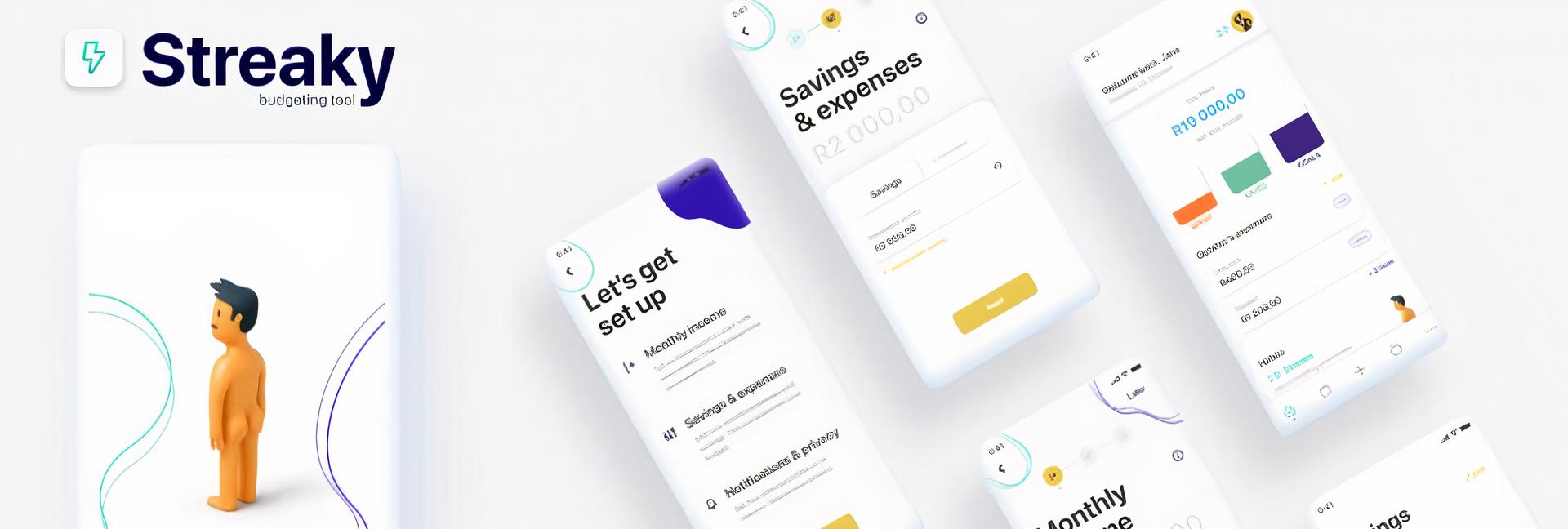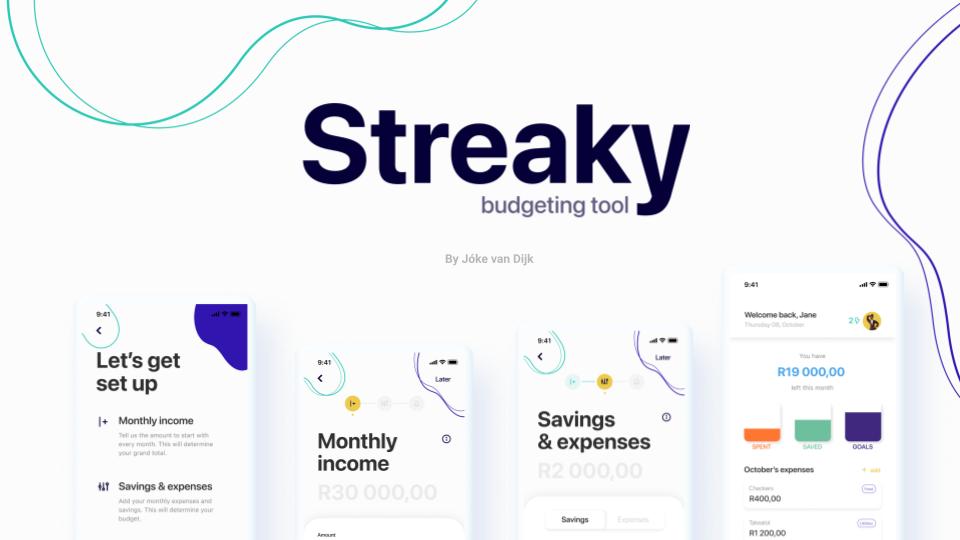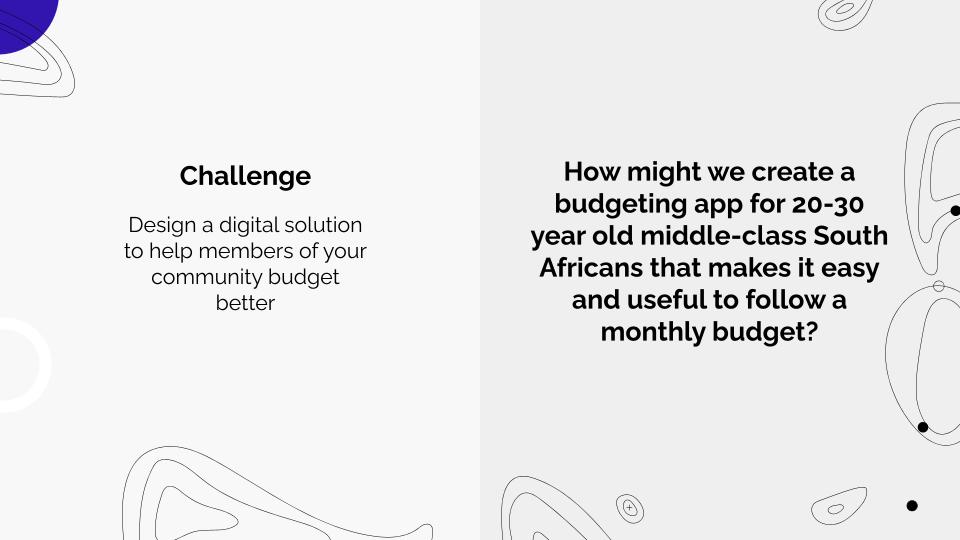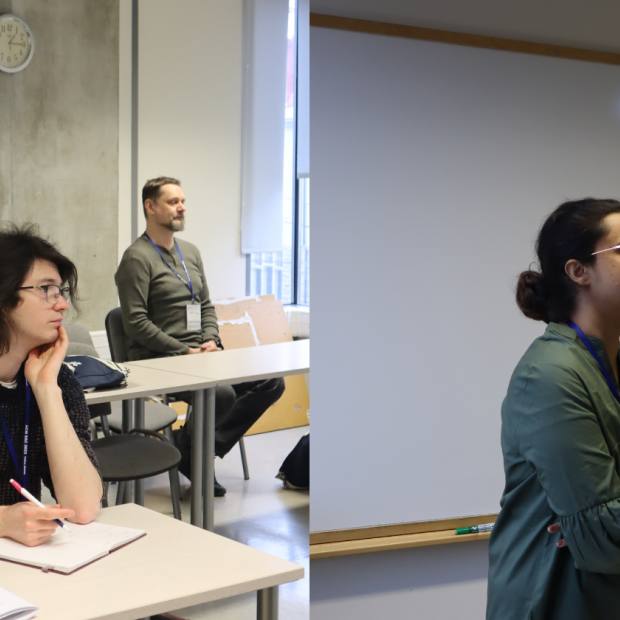Empathise, define, ideate, design, prototype, test, repeat — an insight to Interaction Design Master's programme
Jóke van Dijk from the Interaction Design master´s studies tells us more about the programme, what it is about and what it means to study in a fully online programme.

Please introduce yourself and why did you choose the Interaction Design programme?
Hi, I'm Jóke van Dijk from South Africa. I obtained my Bachelor's Arts in Visual Communication with a specialisation in Interaction Design from the Open Window Institute, where I am currently the Subject Manager for the Interaction Design subject we offer.
I fell in love with interaction design when I first learnt about it, specifically the intertwining of psychology and user research. I chose to do my MSc through this programme because the course seemed (and also turned out!) to be very attractive, insightful, and inspiring. This programme provides a solid theoretical background for Interaction Design and lays a solid foundation for applying practice. Having this degree means that I am more knowledgeable in my field and can carry this knowledge and expertise into the world.
 Jóke's final prototyping project STREAKY
Jóke's final prototyping project STREAKY
What are some of the pros and cons of studying fully online?
"You can decide when to work on your assignments, when to engage in the class content, and how to approach your learning style."
Studying online does have its ups and downs! A negative aspect is a delay in communication between your colleagues when working on group work and the feedback received on your assignments. However, the way to combat this is to keep up good communication and synchronous sessions, if possible! The most significant positive aspect for me is that you control your time; you can decide when to work on your assignments, when to engage in the class content, and how to approach your learning style.
What are the most valuable skills you take with you?
The most valuable skill I've learnt is interpersonal skills working with so many different people worldwide. It is, firstly, inspiring to see and know that others think similarly to you and share your passion for design and research.
What does interaction design even mean? What is the product of interaction design?
"There is much more than just making screens look pretty.
Interaction Design is the design of products for real people."
The field of Interaction Design is quite vast. UX (User Experience) and UI (User Interface) design are parts of it, but there is much more than just making screens look pretty. Interaction Design is the design of products for real people. It's focussing on solving real problems with efficiency, great experience, and creating delight when the person is using your product.
The product can be digital as well as physical. Imagine designing interfaces beyond just static screens like websites or apps for mobile phones, but also augmented reality (AR) and the metaverse in the form of virtual reality (VR).
What are some of the biggest (interaction) design mistakes that people make?
Not having a user-centred design approach and not backing your product with user research.
What is your approach to designing interactive products? What problems do you usually need to solve?
Currently, I am running creative problem-solving briefs with undergraduate interaction design students where I work. Thus, I am faced daily with the design process of 'empathise, define, ideate, design, prototype, test, repeat'. This has also become my approach to solving a problem for the digital space.
 Challanges of Jóke's final prototyping project
Challanges of Jóke's final prototyping project
What kind of people do you think would be interested in interaction design master's?
"Interaction design master applies to various fields from psychology, architecture, engineering, etc."
The great thing about the interaction design master is that it applies to various fields from psychology, architecture, engineering, etc. Students who have a passion for expanding their knowledge, learning more about human-computer interaction and practical interaction design will benefit from this programme. You're becoming an expert in your field, making you more qualified.
Learn more about the programme on our websites:











